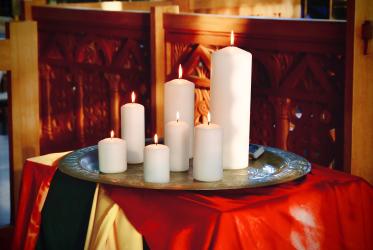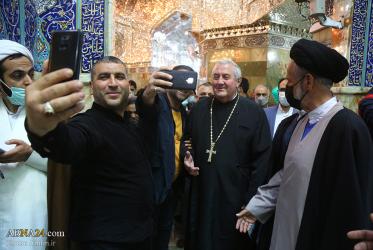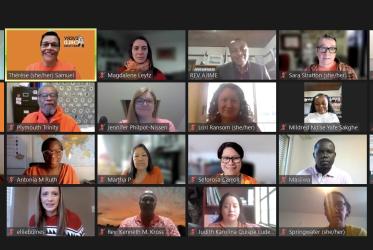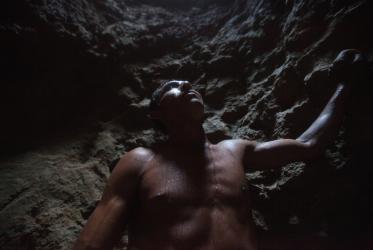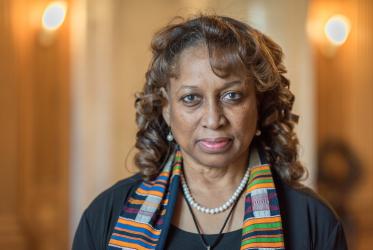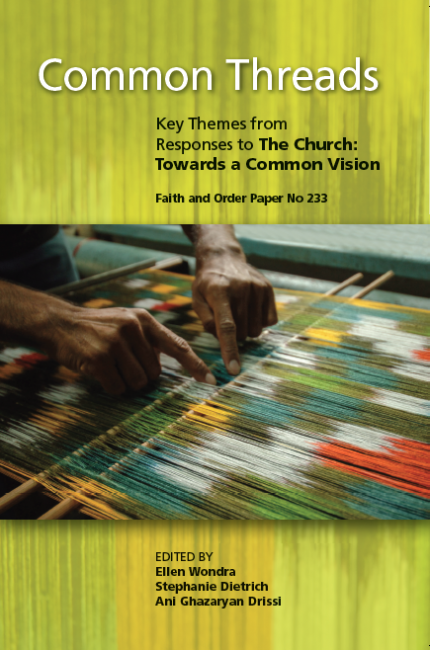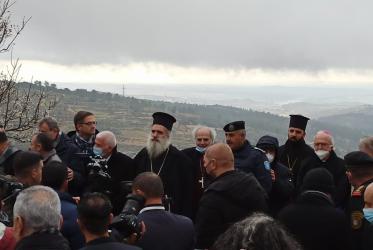Displaying 561 - 580 of 1262
Groundwater: a hidden treasure we need to protect, say EWN members
28 February 2022
Pilgrims on the Path of Peace
The Journey of the WCC from Busan to Karlsruhe (Unillustrated)
28 February 2022
Unity is key when health crisis poses new challenges in Asia
28 February 2022
Rev. Dr Angelique Walker-Smith receives Figel Ecumenism Award
25 February 2022
Common Threads
Key Themes from Responses to The Church: Towards a Common Vision. Faith and Order Paper No 233
25 February 2022
Caribbean churches make clarion call for reconciliation
21 February 2022



